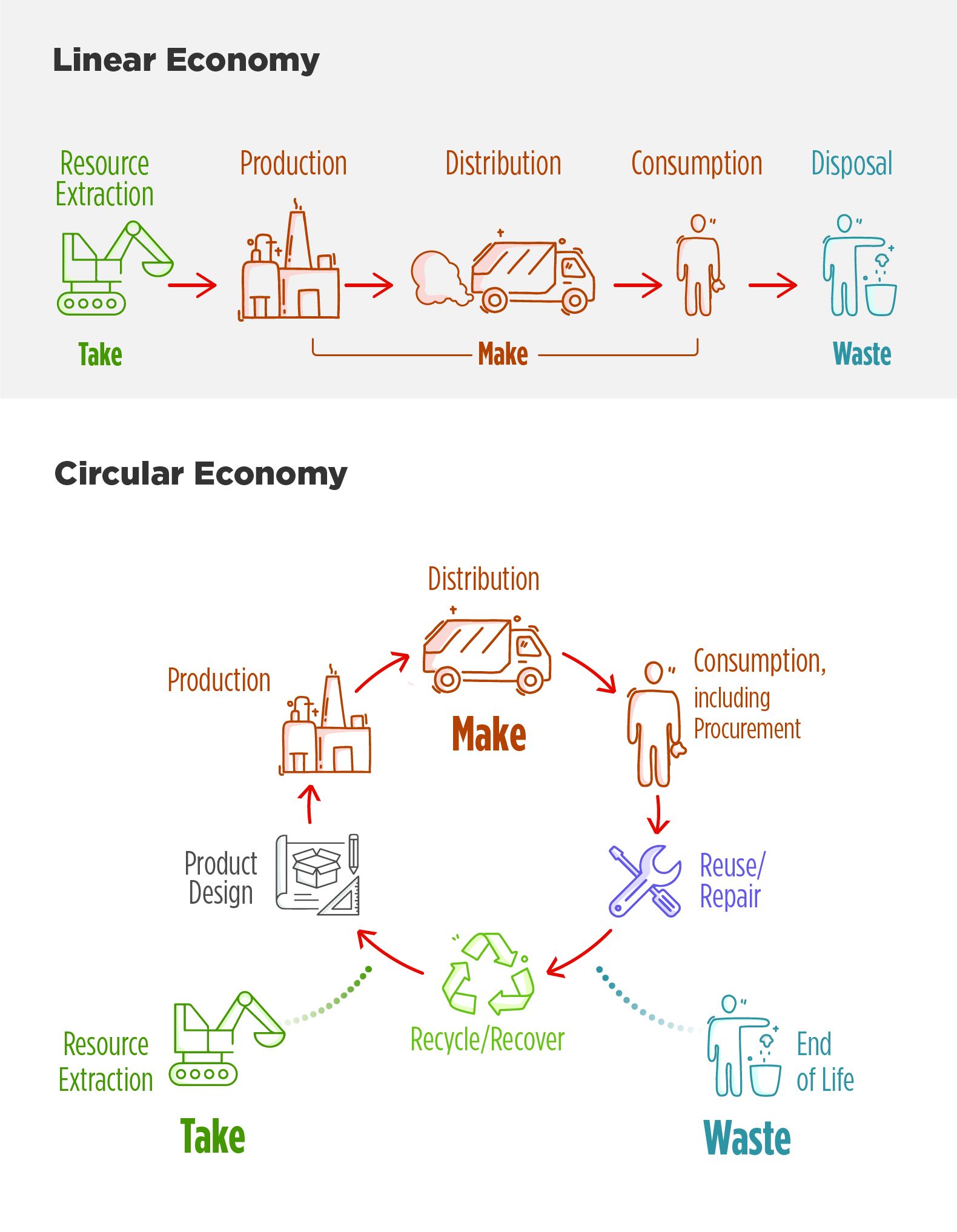Spotlight On: Circular Economy
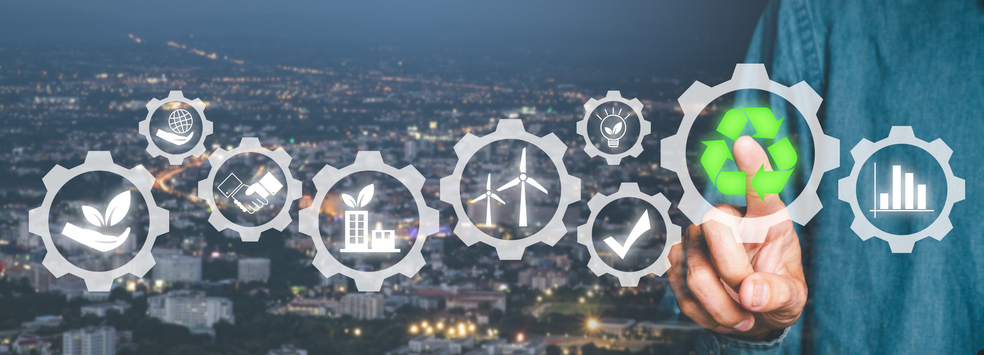

Expertise
Abt’s team of sustainable materials management and climate experts develop multi-disciplinary solutions, including:
- Technical assistance, capacity building, and training support for improved solid waste management. We help public and private sector stakeholders apply best practices for the planning and implementation of solid waste management, pollution prevention, and circular strategies at multiple scales, including emissions measurement, reporting, and verification (MRV).
- Methane and other short-lived climate pollutant mitigation. We evaluate and reduce emissions of short-lived climate pollutants—methane, black carbon, and hydrofluorocarbons—that impact climate change and local air quality.
- Baseline and monitoring studies on marine and urban litter. We help clients to discover where and when litter is most likely to accumulate using scientifically replicable methods to evaluate the effectiveness of current litter abatement programs and waste management infrastructure, and to develop a deeper understanding about the complex relationships between litter hotspots, human behavior, waste infrastructure, and environmental impacts.
- Environmental justice services. We analyze disproportionate impacts of pollution to ensure fair treatment and the development, implementation, and enforcement of meaningful waste management policies and programs.
- Communications support. We develop innovative resources to reach diverse audiences, including behavior change campaigns, advanced data visualization techniques, and community-based social marketing.
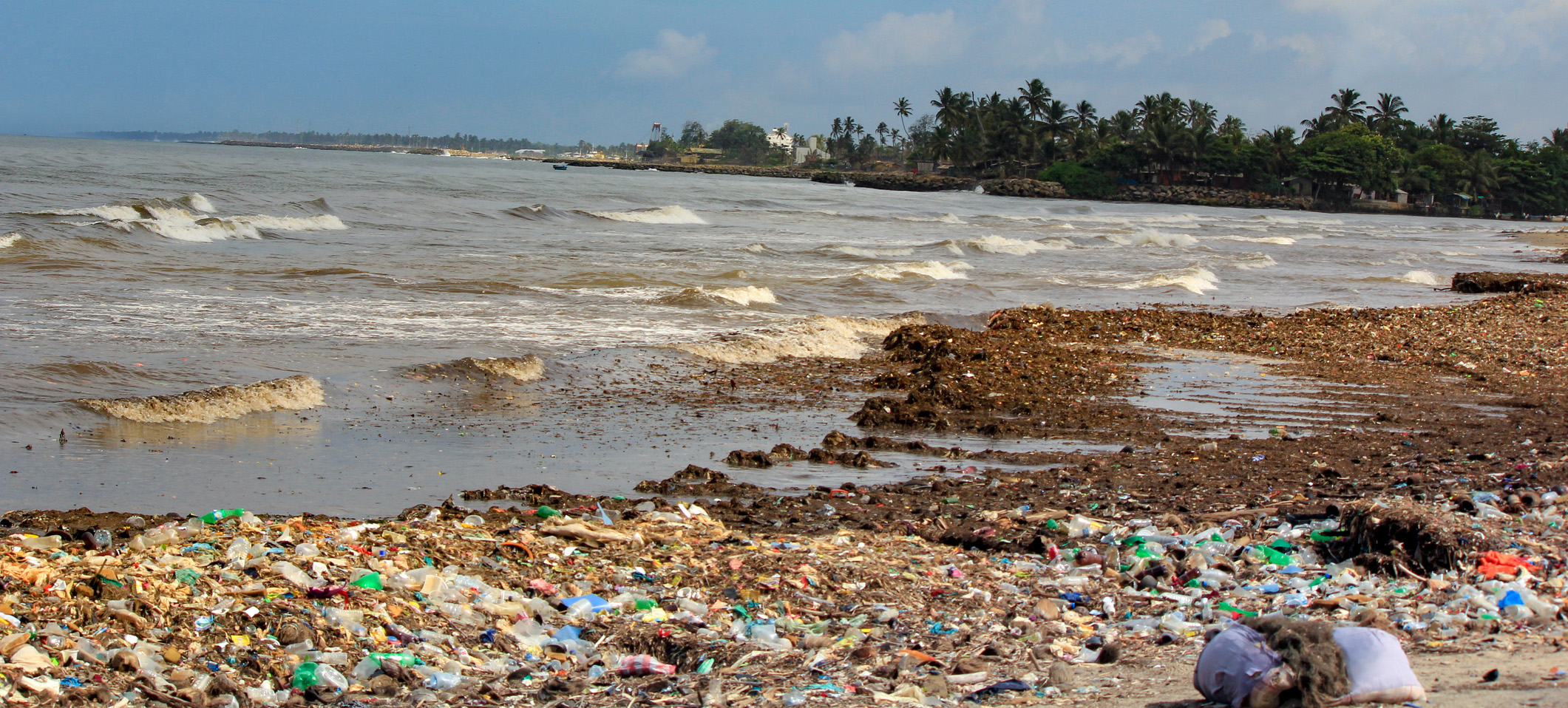
Relevant Experience
Best Practices for Solid Waste Management: A Guide for Decision-Makers in Developing Countries (Guide and Online Training Modules)
Client: EPA Office of Resource Conservation and Recovery (ORCR)
The Best Practices for Solid Waste Management: A Guide for Decision-Makers in Developing Countries provides guidance for solid waste management in medium and large urban centers in developing countries. This focus was chosen because such cities face the most substantial solid waste management challenges. Given their waste generation projections, these challenges will only become more acute in the future; the guide is intended to support decision-makers while they have the opportunity to take important and effective action. Since its release, the Guide and online learning modules have been widely promoted to national and subnational decision makers.
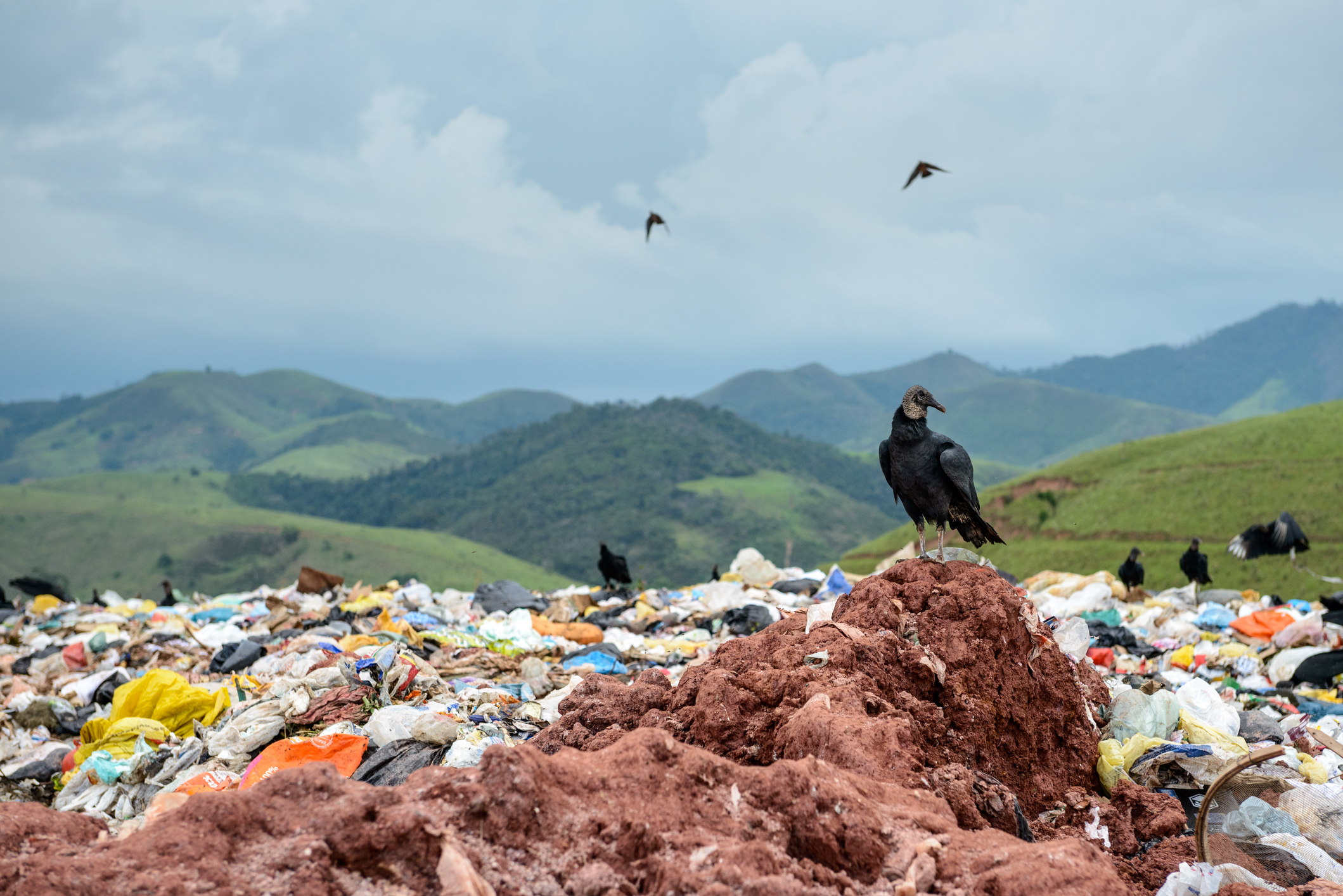
Technical and Communications Support for EPA on behalf of the Global Methane Initiative (GMI) and Climate and Clean Air Coalition (CCAC) to Reduce Methane and Short-Lived Climate Pollutants from the Municipal Solid Waste and Agriculture Sectors
Client: EPA Climate Change Division
On EPA's behalf, Abt has produced digital tools and resources that have helped project developers, governments, and implementers design methane mitigation strategies and bring projects on-line that yield financial, environmental, and public health benefits. Key to this is assessing the feasibility and benefits of potential projects and technologies, such as food waste digesters that produce valuable biogas.
Examples of our work include tool development, including the Solid Waste Emissions Estimation Tool (SWEET) is an Excel-based tool that quantifies emissions of methane, black carbon, and other pollutants from sources in the municipal solid waste sector. The tool provides emissions and emissions reduction estimates at the project-, source-, and municipality-level. Cities can use this information for multiple purposes, including establishing a baseline scenario, comparing a baseline scenario to as many as four alternative scenarios, analyzing specific projects for potential emissions reductions, estimating the contribution of activities in the waste sector to overall city emissions reduction goals, and tracking progress over time, among other things.
Additionally, Abt has unrivaled knowledge of methane measurement, reporting, and verification (MRV), critical to making the Global Methane Pledge a reality. From emissions inventories to predictive modeling and geospatial analytics, our user-friendly online informatics accelerate on-the-ground GMP action.
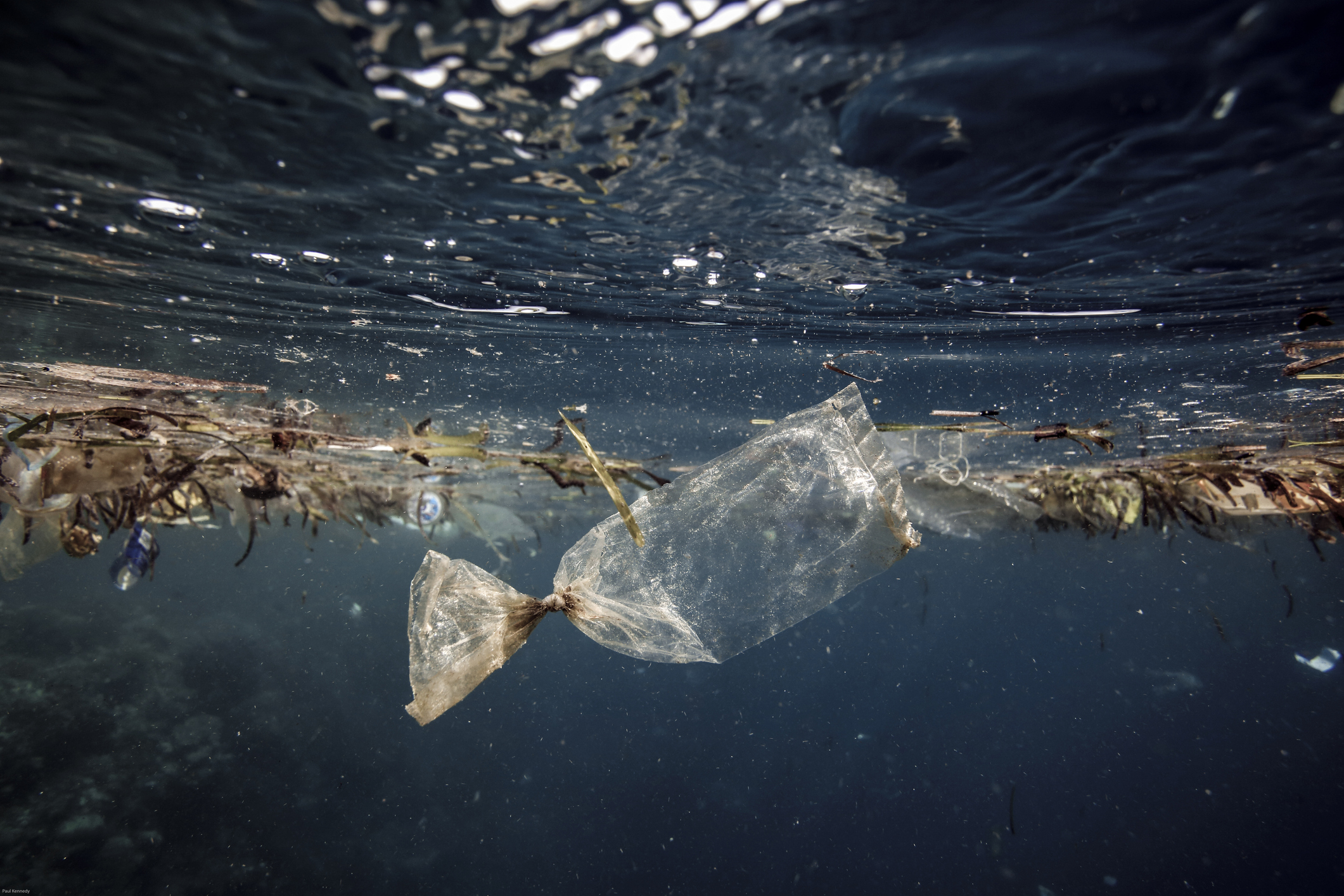
Marine Debris Report on Sources and Impacts of Derelict Fishing Gear
Client: National Oceanic and Atmospheric Administration
In response to the Save Our Seas 2.0 Act, the Abt team is working with partners at NOAA’s Marine Debris Program to draft a report to Congress on the sources and impacts of abandoned and derelict fishing gear. Such debris can have significant impacts on marine ecosystems and fisheries, navigational safety, and the commercial and recreational fishing industry. This research can inform tailored strategies to reduce the volume of abandoned gear and limit its impacts on marine ecosystems.
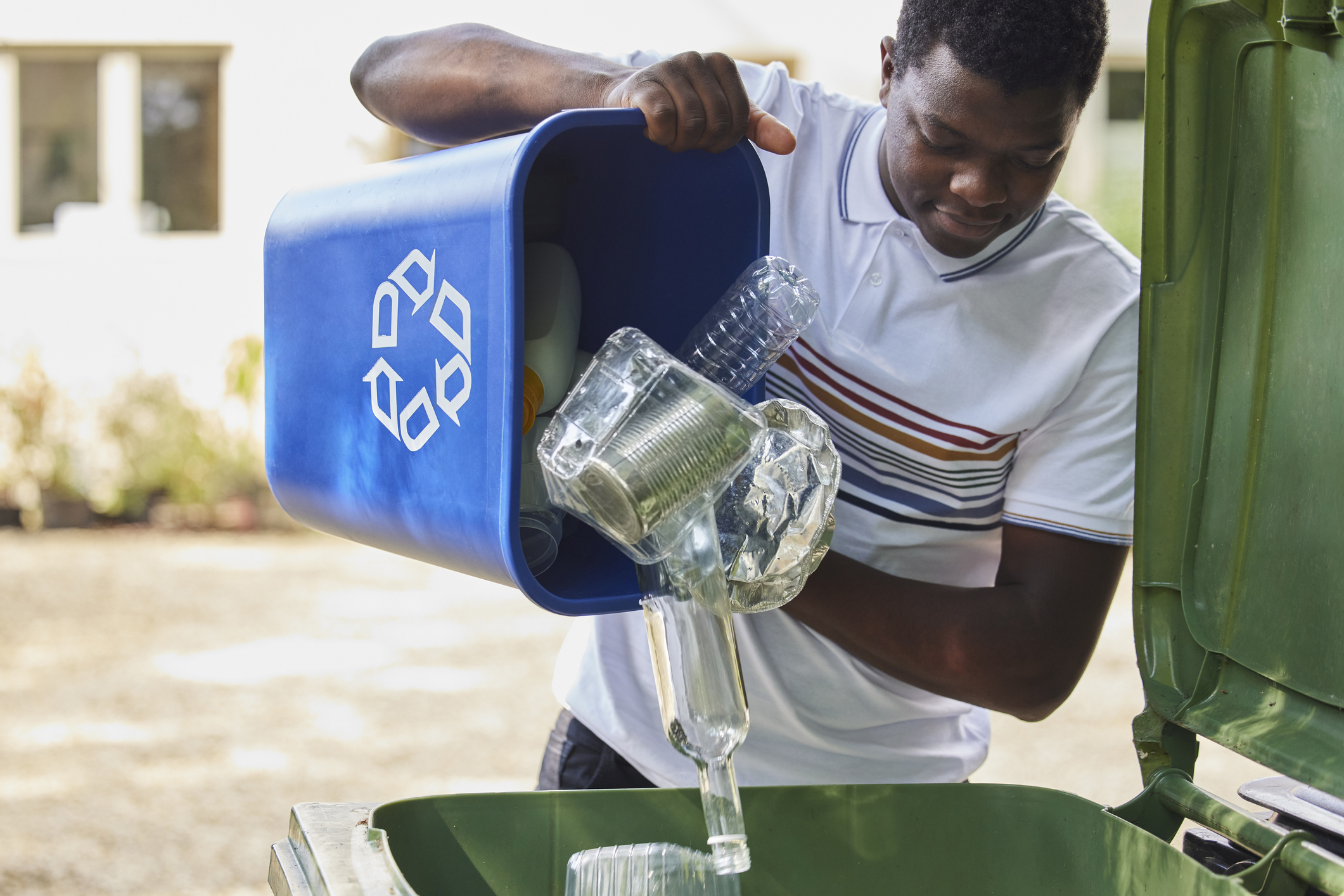
Recycling Measurement Guide
Client: EPA ORCR
Abt developed for EPA a Recycling Measurement Guide (pending publication) to enhance the consistency and clarity of methodologies for measuring recycling system performance across the country, and to encourage the broader adoption of effective recycling measurement principles.

Life Cycle Assessment: C4V Lithium-Ion Battery Cells for Electric Vehicles
Client: New York State Energy Research and Development Authority (NYSERDA)
Abt helped NYSERDA assess the environmental effects of Charge CCCV (C4V) LLC’s lithium-ion (Li-ion) battery production. The study’s results indicate that the C4V’s battery cell uses fewer metals and less-toxic materials than comparable lithium cell batteries. C4V’s battery cell would lead to lower greenhouse gas emissions, acidification, smog, and energy consumption when compared to other Li-ion battery production processes, as described in a 2012 study from the Environmental Protection Agency.
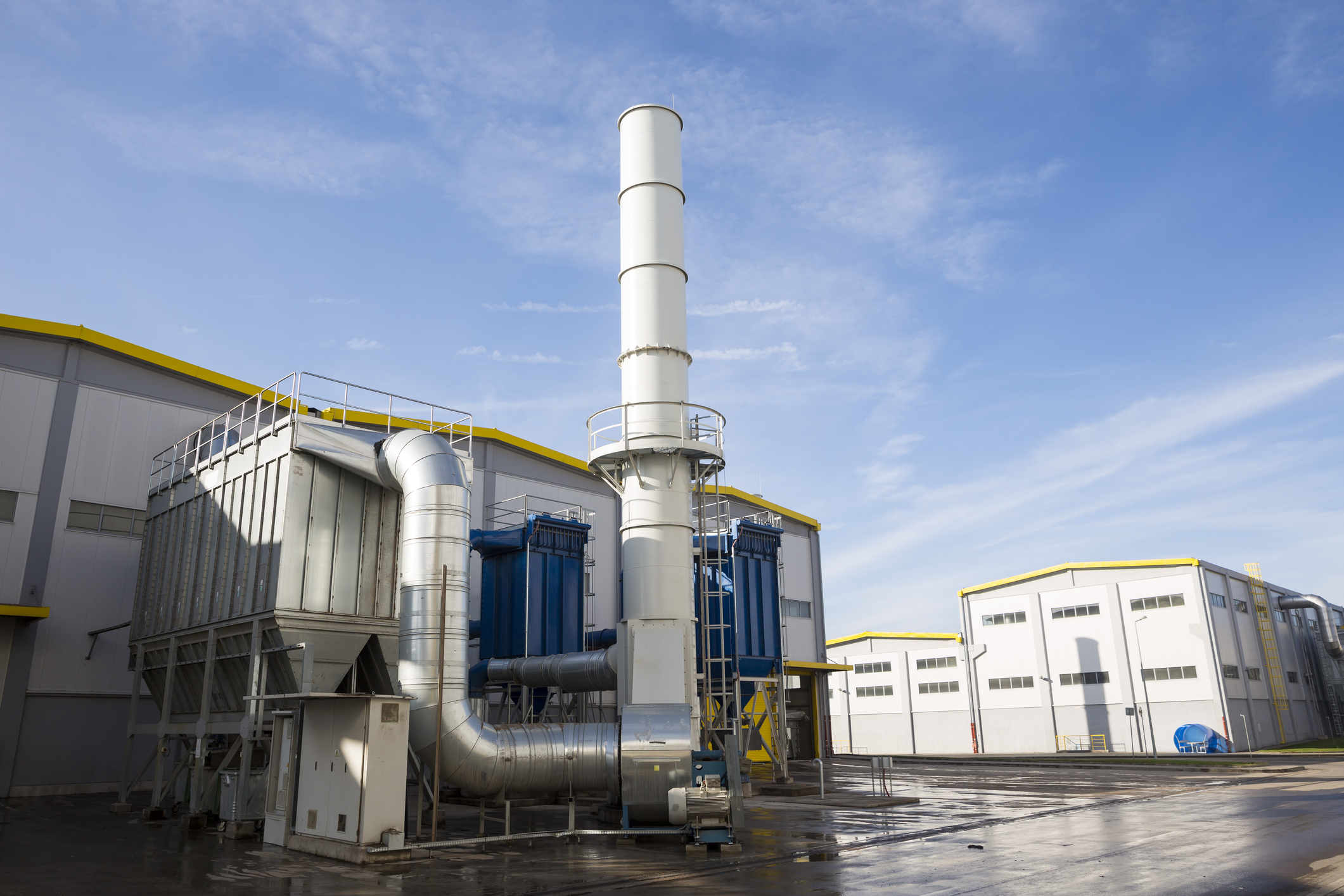
Evaluation of Advanced Waste-to-Energy Technologies in New York State
Client: New York State Energy Research and Development Authority (NYSERDA)
Abt helped assess the options for reducing landfilled waste and emissions through the use of advanced waste-to-energy (WTE) technologies and the public policy rationale for these technologies. We developed an Excel-based scenario modeling tool and used it to estimate changes in emissions and costs. We also identified key factors affecting the viability and performance of WTE technologies, including the degree of pre-sorting of waste inputs to the process, and the use of supplemental fuel.
Contact Us



Sandra Mazo-Nix
Policy and Regulatory Support
Raleigh, NC
703-943-8245
LinkedIn

